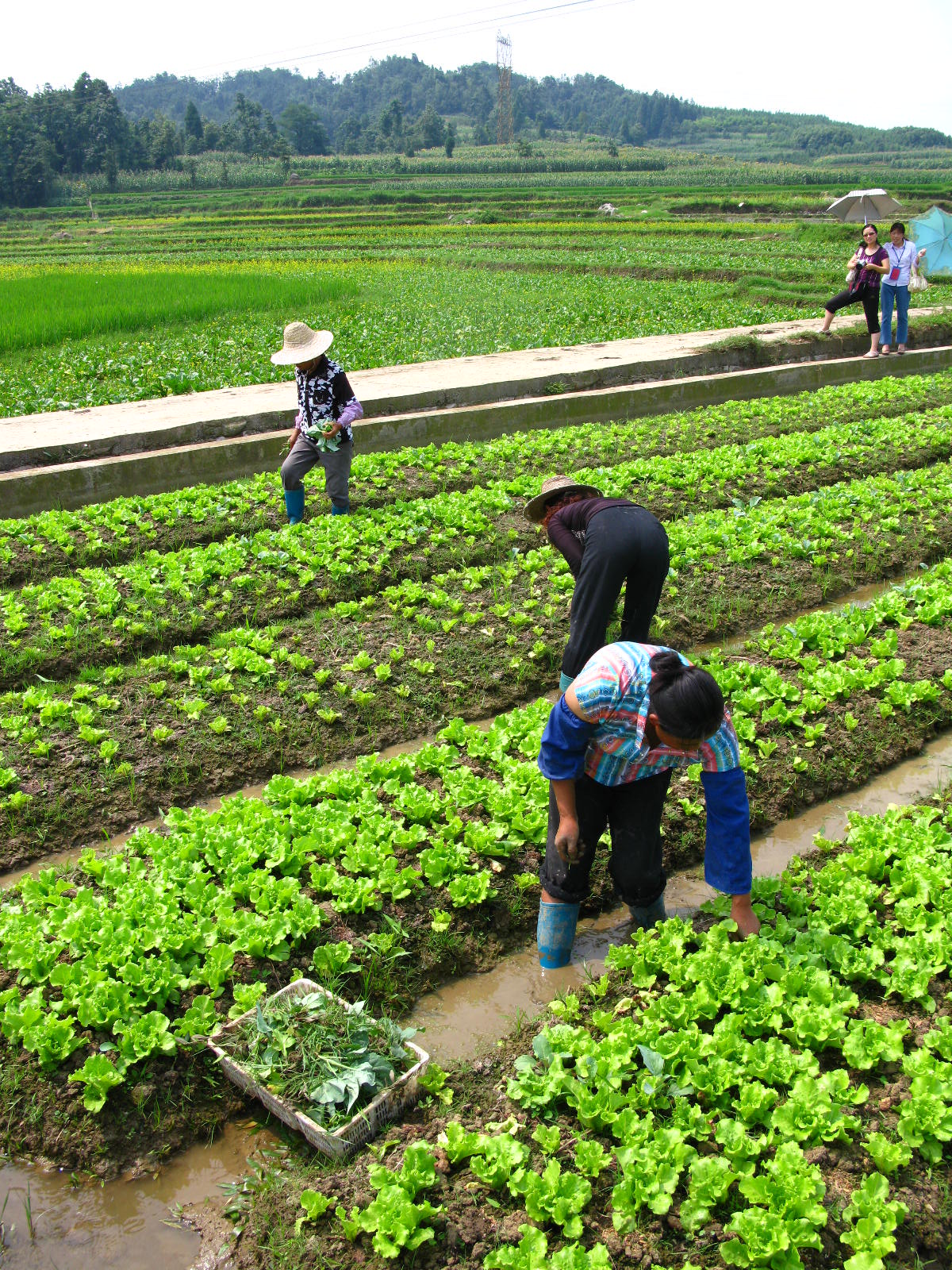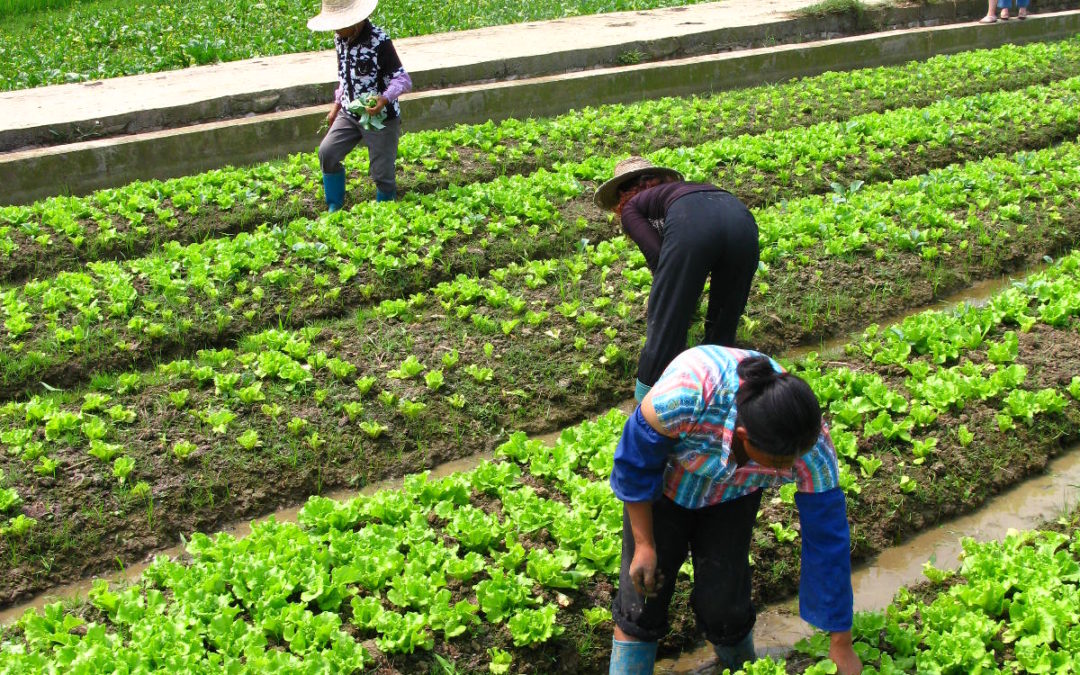A new Social Science publication about the peoples surrounding UC Merced
A new paper published by Dr. Angel Santiago Fernandez-Bou, along with Humberto Flores-Landeros and Professor Josue Medellin-Azuara in the journal of Environmental Science & Policy was released online May 4th 2021. The paper covers gaps and opportunities for advancing justice in disadvantaged communities.

ABSTRACT
A common approach in scientific research and policy is a commitment to develop projects or legislation trying to improve problems experienced by low-income and rural communities; however, lack of interaction with community members during the process tends to produce unsatisfactory results. We visited disadvantaged communities in the San Joaquin Valley of California and interviewed local stakeholders (community members and leaders, policy advocates, attorneys, and educators). Then we analyzed a corpus related to disadvantaged communities from a pool of California-related publications containing 154,000 scientific papers, 2.6 million newspaper articles, and 11,000 state legislation bills from 2017 to 2020 to estimate the frequency and quality of disadvantaged community representation. Here we present our findings describing the biases and gaps of knowledge by scientific papers, California newspaper articles, and legislation bills with respect to disadvantaged communities in California, and we suggest opportunities for scientists, media communicators, and policymakers to amplify the voices of these stakeholders. In all corpus categories, disadvantaged communities are underrepresented: about one in four Californians live in disadvantaged communities, but only one in 2000 news articles and scientific papers cover them.
The concerns and priorities of disadvantaged communities do not match the public perspective of them depicted by the corpus. Developing effective policies requires addressing place-specific nuances and co-occurrence of structural inequities in partnership with local stakeholders. Holistic coverage in newspapers and community-based approaches are necessary platforms to increase awareness and sensibility about disadvantaged communities, helping tailor policy solutions, and building the political leverage needed to implement them.


近期评论